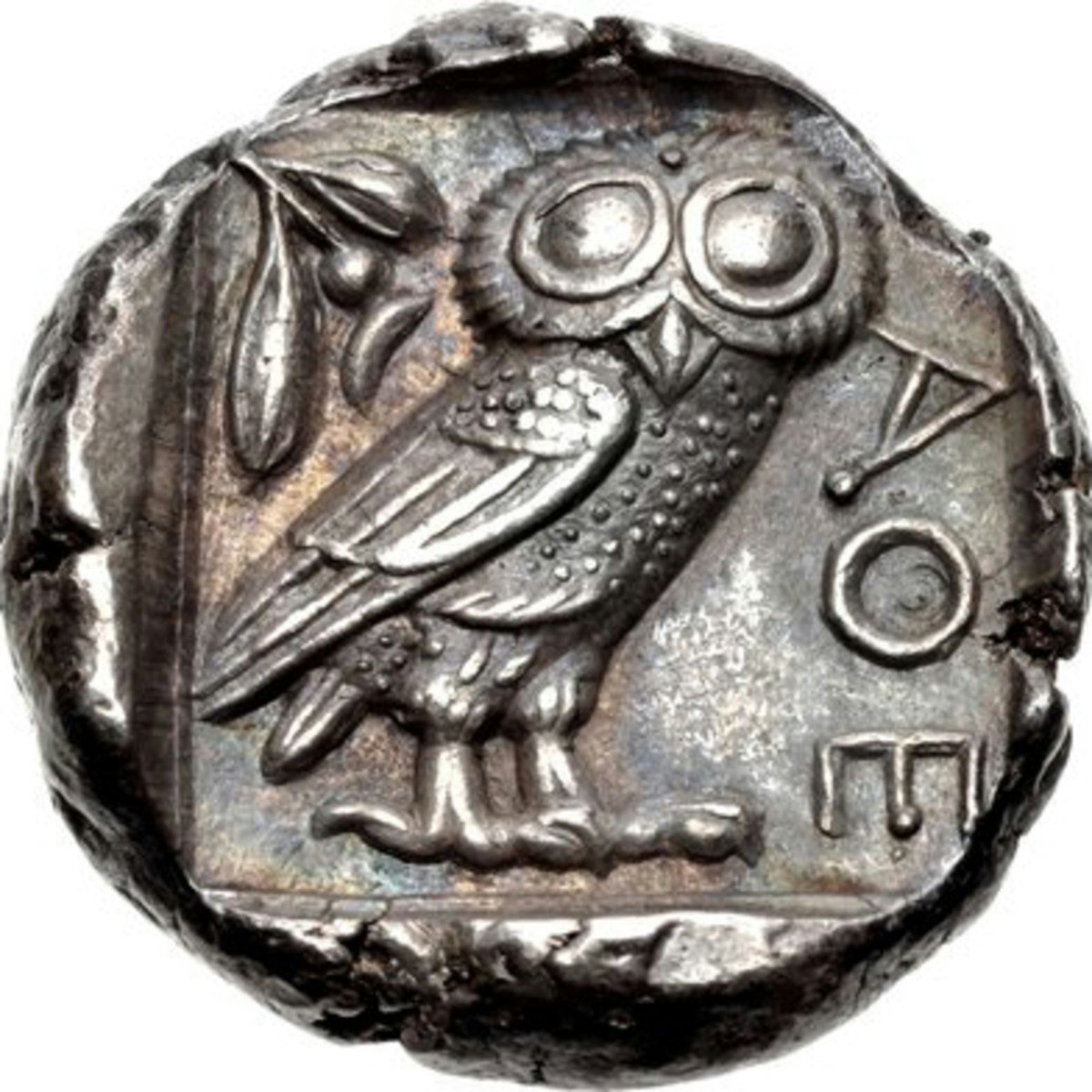Know Thyself - The Value and Limits of Self-Knowledge: The Examined Life
Overview
According to legend, inscribed on walls of the temple on the sacred site of Delphi in Ancient Greece were two premier injunctions: NOTHING IN EXCESS, and KNOW THYSELF. This course will be an examination of the latter injunction in an effort to discover what self-knowledge is, why it might be valuable, and what, if any, limitations it might face. What is missing from a person lacking in self-knowledge that makes her less wise, virtuous, or competent in certain areas than others who have this capacity, and what if anything might she do to fill that gap? Historical sources as well as recent research in philosophy, experimental social psychology, and neuroscience will inform our investigation, in the course of which we will become students of our own dreams, and cultivate some meditative practices. Learning Outcomes: Learners will gain familiarity with prominent themes from Western, classical Chinese, and Buddhist approaches to our knowledge of ourselves. In the course of doing so, they will gain an appreciation of the relation of self-knowledge to wisdom, of the value of intellectual humility, as well as of methods of learning about oneself that do not depend on introspection. Learners will also become familiar with contemporary research in experimental social psychology, philosophy, and neuroscience into the emotions, the unconscious, the role of affect in decision making, and self-deception. They will also gain an appreciation of a challenge to the assumption of a coherent, unified self that derives from the Buddhist tradition. --- This course was created by a partnership between The University of Edinburgh and Humility & Conviction and Public Life Project, an engaged research project based at the University of Connecticut and funded by a generous grant from the John Templeton Foundation.

